If you have been using Android smartphones for a while, you might know that Android devices usually slow down over time. It doesn’t matter how robust your smartphone is in terms of hardware; it will slow down after a few months or years. However, do you know the actual reason behind such a slowdown?
Well, there are lots of factors which lead to slow down. In this article, we will share ten common reasons why your Android device slows down over time. By knowing these reasons, you can effectively take proper steps to ensure better phone performance.
Reasons Why Your Phone Slows Down Over Time
Not just Android smartphones, it will also help you deal with iPhone’s slowness as well. So, let’s check out the reasons why your phone slows down over time.
1. The OS Upgrades
Just remember, when you first bought your device, it might be running Android KitKat or iOS 7 at that time. Both iOS 7 and Android KitKat were launched in the year 2013. Well, these upgrades are released with a specific set of hardware specs in thought.
If we take a look at the current year, hardware specifications have drastically updated. In addition, many features have been added to both iOS and Android.
However, these features are made with newer hardware specs in mind. So, if you are running the newer version of any operating system on an outdated phone, this might result in an ultimate slowdown.
However, these upgrades are hard to ignore, so minor updates are okay, but if you plan to jump from Android KitKat to Android 10, then be ready to face the difficulties.
2. App Updates
As we already mentioned, we keep on trying new apps and games on our Android and iOS devices. The so-called ‘lightweight’ apps that you install can be transformed to ‘heavyweight’ over time. The main reason behind this is app updates.
Developers are constantly pushing updates; every new update brings new features, which end up eating lots of RAM and CPU.
When you feel the app is bloated, the best thing you can do is replace it with another lightweight app. Or else, you can clear the cache and data of the app from the App manager on Android.
3. Apps Running On The Background
Another crucial things that we neglect are background apps. Just open the App drawer and have a brief look at all of your downloaded apps.
Users might think they have installed 10-15 apps but are often shocked to see app counts reaching 40-50. The problem arises when some apps keep running in the background without even activating them.
There are many apps like email services, messaging apps that are always active. These apps use CPU and RAM, which impact your phone’s performance.
So, make sure to disable or uninstall the apps which consume lots of RAM and CPU, switch to static wallpaper and say goodbye to live wallpapers.
4. Memory Degradation
Smartphones run on flash memory; the most common type of flash memory is known as NAND. But, let me tell you, NAND memory gets slower as it fills up. In short, NAND Memory needs some amount of vacant blocks to operate efficiently.
Secondly, NAND memory degraded with some time of usage. NAND memory is of three types- SLC, MLC, TLC. Each one of them has to write cycle boundaries per memory cell. Once the limit is touched, the cells wear out, and this affects the performance.
The best thing to do here is to stick with 75% of your device’s total storage capacity. So, for example, if you have 16GB internal storage, don’t cross the 10GB threshold.
5. Full Storage
Well, storage systems in Android slowdowns as you fill them up, so writing to the file system may be very slow if it’s almost full.
You can always check your storage by going through the settings menu. Full storage leaves very little room for your operating system to run properly.
6. Bloatware
Well, Bloatware is the apps that come built-in with your Android smartphones. Smartphone manufacturers usually install some apps which we often don’t need. These bloatware do nothing and runs silently in the background.
So, over time, these bloatware installs updates and downloads other things from the internet, filling up the storage quickly. Therefore, you should immediately remove bloatware from your Android.
7. Launchers
Yes, you read that right! Since after purchasing a new smartphone, we usually head to the Google Play Store and download the best launchers for Android. Well, Launchers can transform the look of your Android smartphone, but they can slow down your phone as well.
Since Launcher apps for Android constantly runs in the background and it keeps checking for app updates. This thing fills up our internal storage rather quickly, and this is why our phone slows down over time.
8. Using Task Killers
Well, I have seen many people choose to have a task killer on their Android smartphones. Running a task killer when your phone is operating slow is just like beating a dead horse here.
These task killers kill all the apps stored on Android’s memory which fills up the RAM. However, the problem here is that Android stores apps in your RAM so that they can be quickly switched to without having to load them for its slower storage.
9. Using Battery Optimizers
Well, just like task killers, there are several battery optimization apps available on the Google Play Store. Unfortunately, these battery optimizers usually don’t work, and they clean the RAM.
These Battery optimization apps kill app apps that are stored on Android’s memory. So, the next time when you open the app, the system again works to store those apps on the memory. These thing leads to battery drainage and overheating.
10. Higher Expectations
Sometimes, after looking at several high-end smartphones, we perceive our phones to be slower. This is normal human psychology, which constantly seeks more and more. You can’t compare Galaxy S3 with Galaxy S10. So, we should learn to accept it or upgrade our device.
These are the reasons why the phone slows down after several months of usage. I hope you like the article, share it with your friends too! If you want to add something else to the article, let us know in the comment box below.
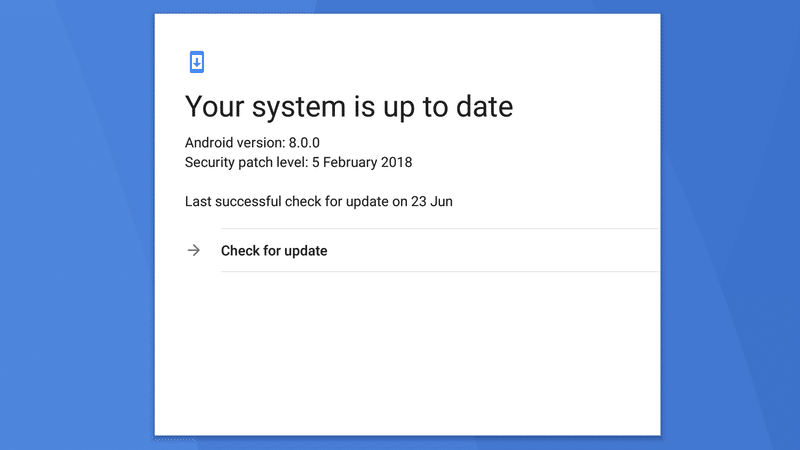
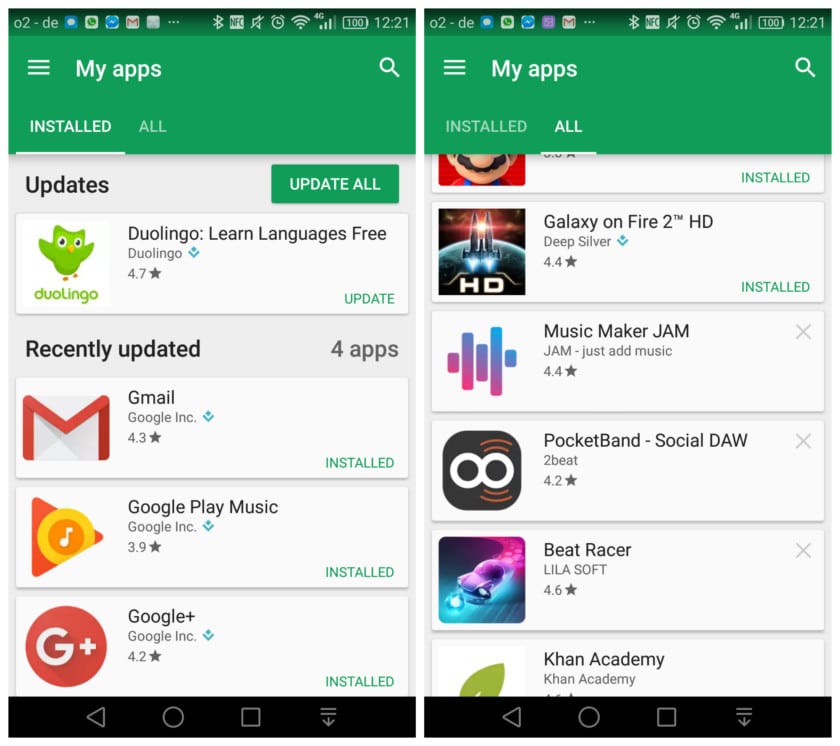
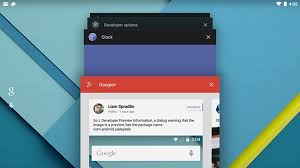
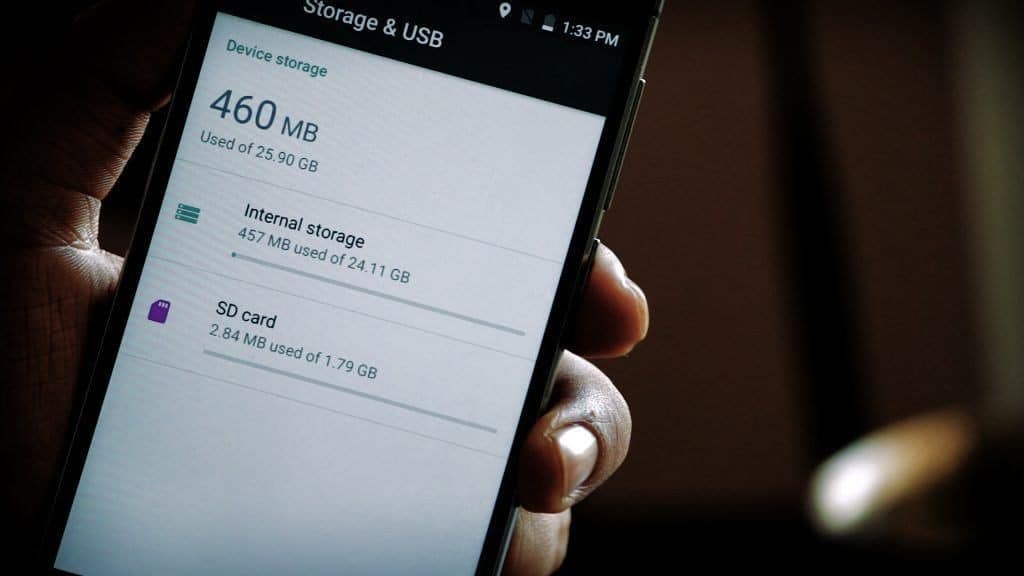
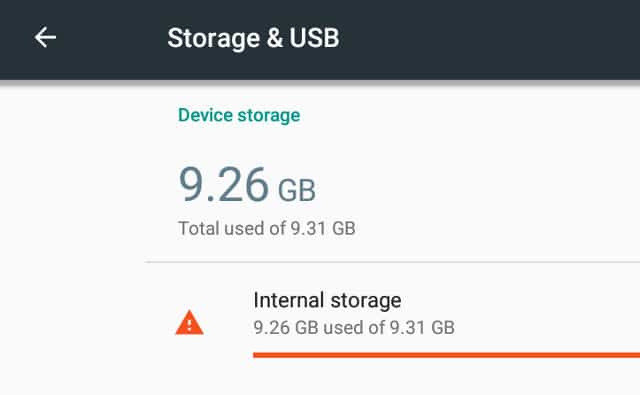
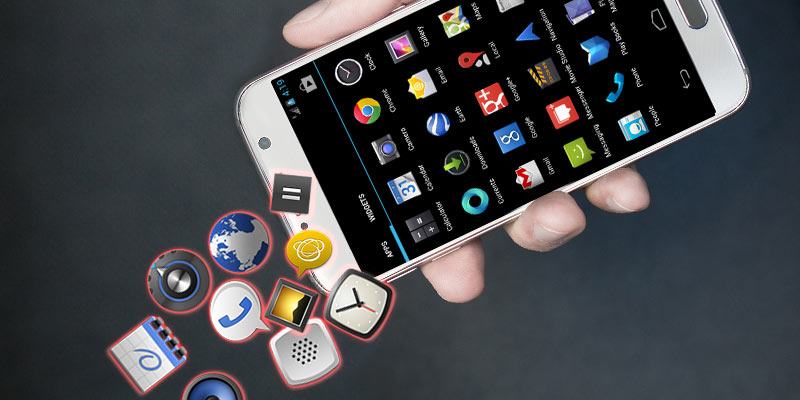
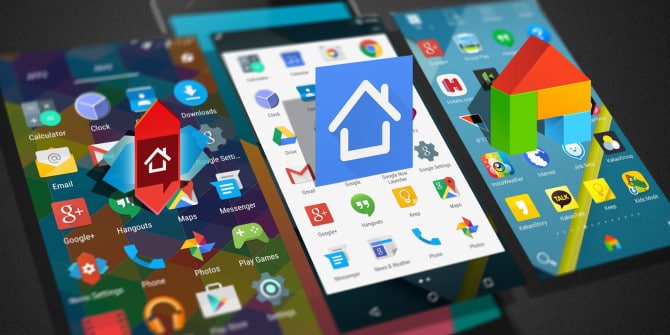
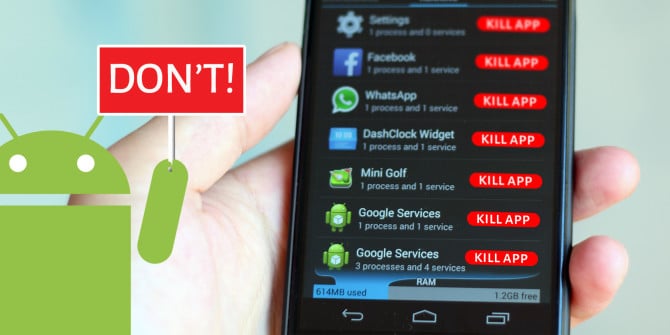

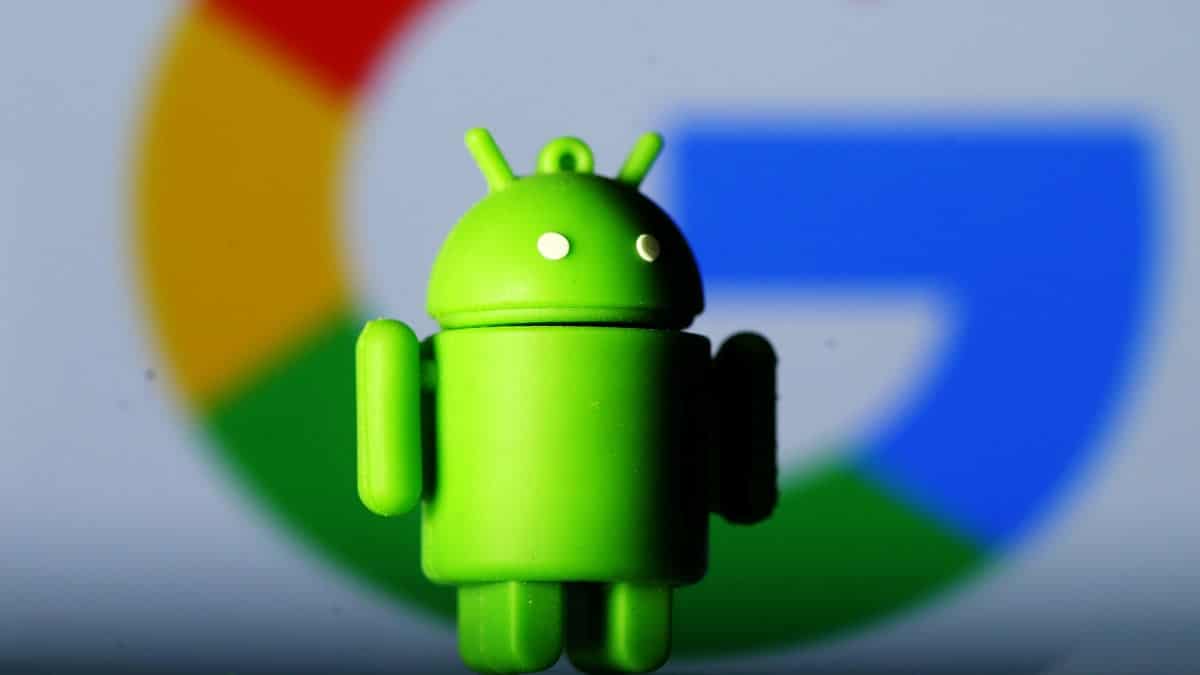
Article was somewhat well written except for the fact that you gave the “why” but didn’t explain how to fix it???
Just check all mentioned things